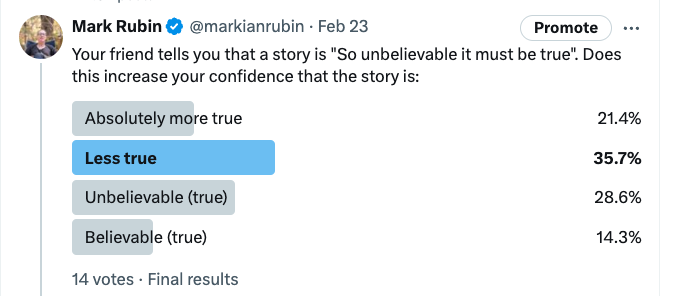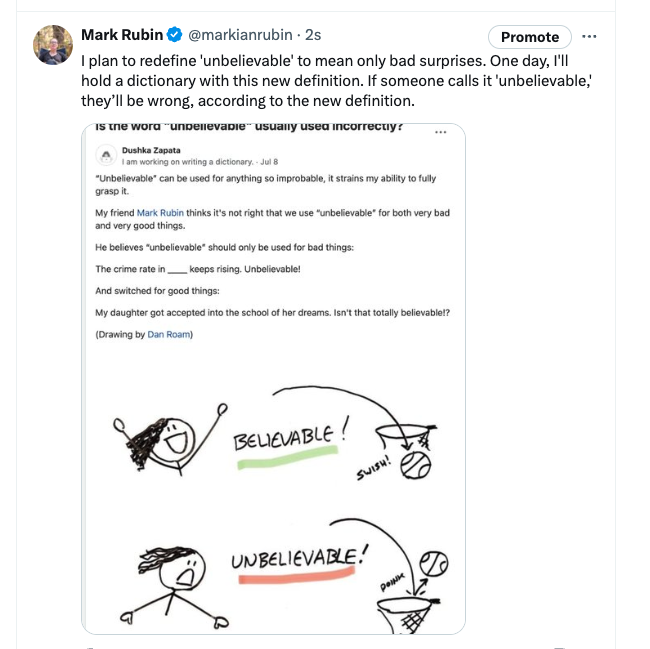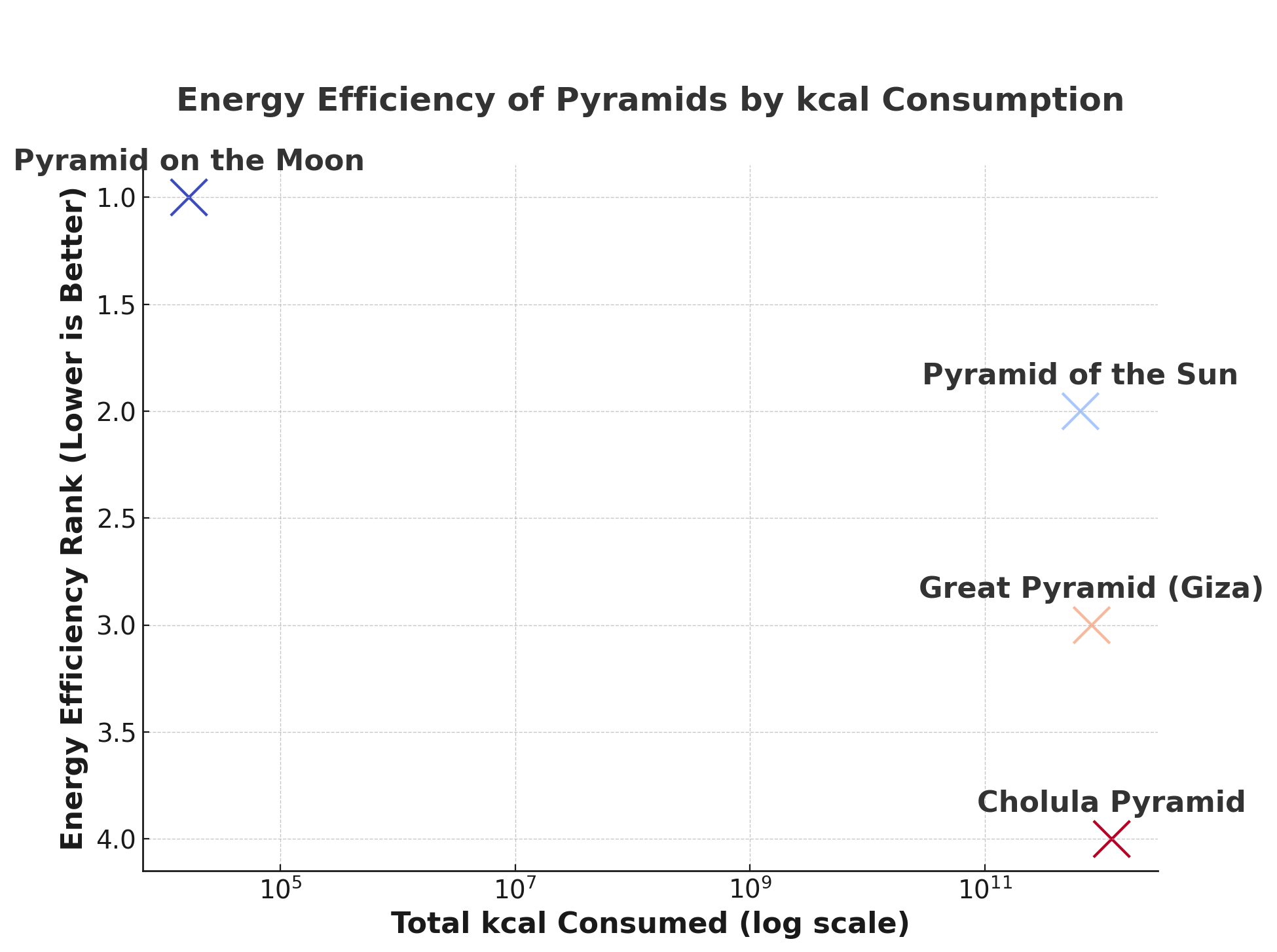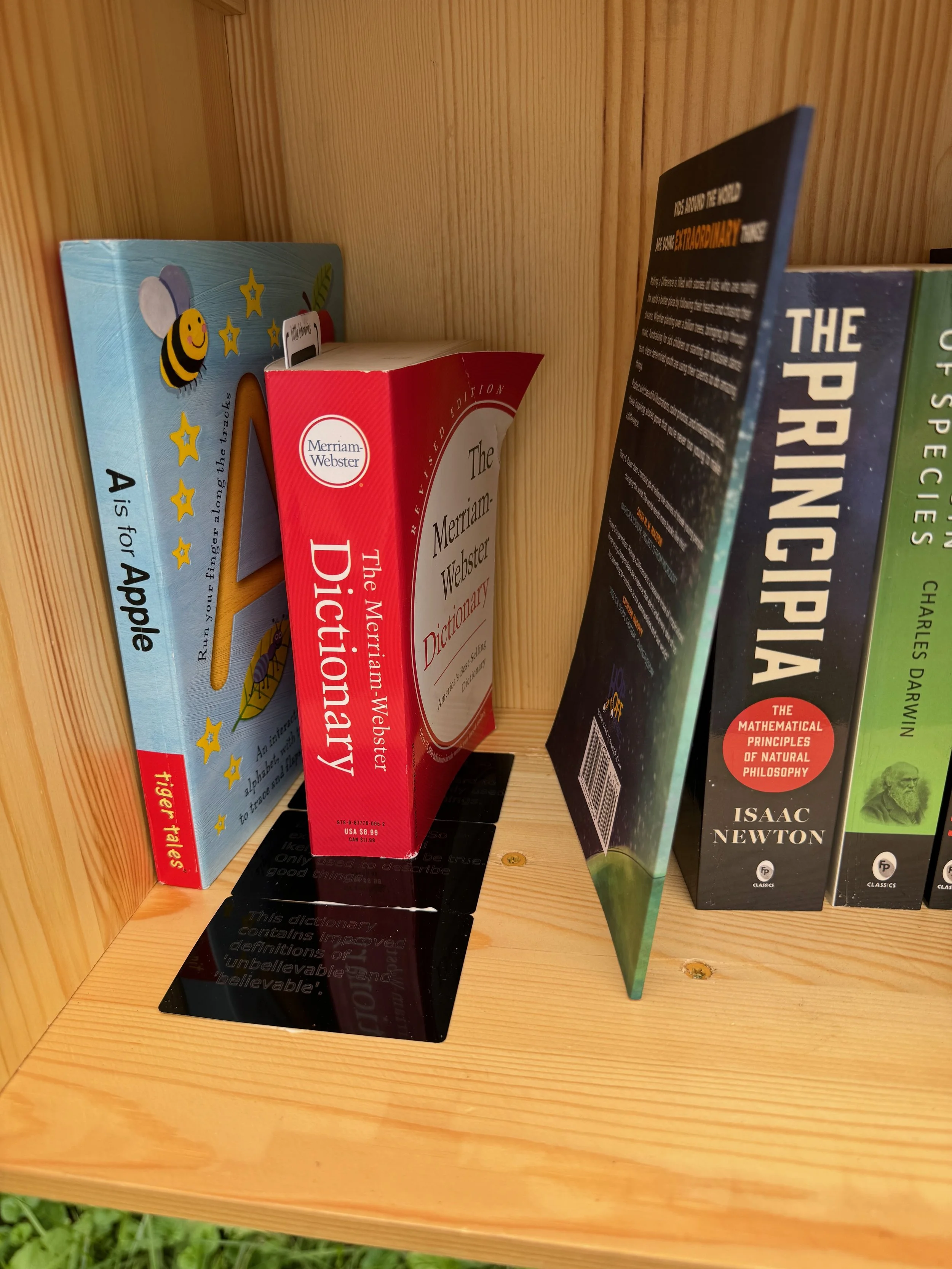Tactic 025. Story 1. Can you believe how believable this is?
I never liked the word “unbelievable”.
I heard it a lot when I was a kid. There was one point in my life where I was convinced I heard that word more than anyone who ever lived. When I was fifteen, I decided I’d change the definition of the word “unbelievable” as part of a a future ecological project that used my model of energy transfer to convert energy from the sun into habitat.
I planned to use the model to describe every step of every sequence of work, from fusion to flowers, with money in the middle.
This is the second volley in Tactic 25.
I mistyped the Tactic Id at the end of this video. It should say Tactic 25, not Tactic 20. That’s unbelievable. This is volley 3 in Tactic 25.
This was the seventh volley for Tactic 25.
This is the eight volley for Tactic 25.
Volley Twelve:
This pyramid is heading towards the moon with stories that will last billions of years.
I intentionally created a record etched into a pyramid that is planned to land on the moon on Marc 2, 2025. It will last for billions of years for the the cost of 200 person-days of calories for one person.
The other queen bees spent a lot more calories for a story duration of only tens of thousands of years. I believe this will be the most energy efficient demonstration of this for all time!
I planned this sometime in September 2024.
If that story sounds unbelievable, it isn’t. It’s believable.
Things that are good and surprising are “believable”.
This is my twelfth volley in my long running campaign to change the definition of the word “unbelievable” to be reserved for things that are both bad and surprising.
You can believe it.
Key Takeaways:
Mark Rubin’s Pyramid on the Moon is at the top, requiring nearly zero kcal over a billion years.
The Great Pyramid (Giza) and the Pyramid of the Sun are mid-range but still far from optimal.
The Cholula Pyramid is the least efficient, consuming the most kcal per 1,000 years.
🚀 Ultimate efficiency: Minimum energy, maximum longevity. 🔥
Volley 13:
You can just design a machine to calculate the optimal ratio of a marble and ramp system by using the golden ratio to converge on a circle that is 50% of the diameter of the outer circle. This is the first harmonic. No one can stop you.
https://x.com/markianrubin/status/1885886657473237292
Volley 14:
Some people might say that designing a geometric computer that can optimize an optimal da Vinci curve is unbelievable. Of course, since the design would work, it is believable.
Why This is a Geometric Computer
This machine embodies computational logic without traditional electronics:
✅ It solves an optimization problem using motion instead of numbers.
✅ It iterates through solutions using recursive geometric scaling.
✅ It corrects errors naturally via physical feedback (energy loss).
✅ It outputs the best rolling curve as a computed, self-organized structure.
This is the 14th volley in my long running campaign to change the definition of the word unbelievable. https://www.markianrubin.life/tactics/tactic-025-its-believable/#volley-14
Volley Fifteen:
The statement highlights the nuance and impact of language, specifically how the prefix "un-" can change the perception of a word. Here's a breakdown:
Believable vs. Unbelievable:
Believable: When you say something is "believable," it suggests that the information or event is credible and can be accepted as true.
Unbelievable: Saying something is "unbelievable" implies that it is so extraordinary or improbable that it defies belief.
Perception and Impact:
The word "unbelievable" often carries a stronger emotional impact than "believable." It suggests a higher degree of skepticism or astonishment.
Despite the literal meaning of "unbelievable" suggesting something cannot be believed, in everyday usage, it often emphasizes how extraordinary or impressive something is, rather than its literal impossibility.
Understanding and Context:
When people hear "unbelievable," they generally understand it in the context provided. For example, if someone says, "That concert was unbelievable," the listener understands that it was an exceptionally good concert.
However, without context, "unbelievable" could be ambiguous. It could mean something is exceptionally good, incredibly bad, or genuinely hard to believe.
In summary, while "unbelievable" is always less believable than "believable" by definition, its use in conversation is often understood based on context and tone, which helps convey the intended meaning to the listener.
No one can know in advance if any of their tactics will actually work out the way they imagine. On the other hand, everyone who ever ran to catch a ball ran towards a future they imagined.
A campaign is just a sequence of steps that a person takes to towards an imagined future.
If you know a coordinate system for keeping track of campaigns, the steps in motion have a position, velocity, acceleration, momentum, and friction.
If you ever ran to catch a ball, and you caught it, you already know this model.
If you ever imagined running to catch 1,000 balls at the same time, and you imagined catching them, you already know a higher resolution version of this model.
It’s nice to have a strategy architecture for keeping track of everything.
Volley Sixteen:
This is my sixteenth to change the definition of the word “unbelievable” to be only about things that are bad and surprising. Good things are “believable”.
| Key | Value |
|---|---|
| Tactic Id | Tactic 25 |
| Story Id | Story 1 |
| Name | Can you believe how believable this is? |
| Attributes | Word play |
| Date Completed | September 2022 |
| Pattern | World building |
| Emotion | Curiosity |
| Timing | Launch sequence (March 2024) |













